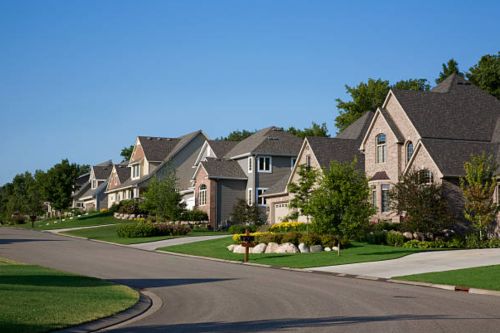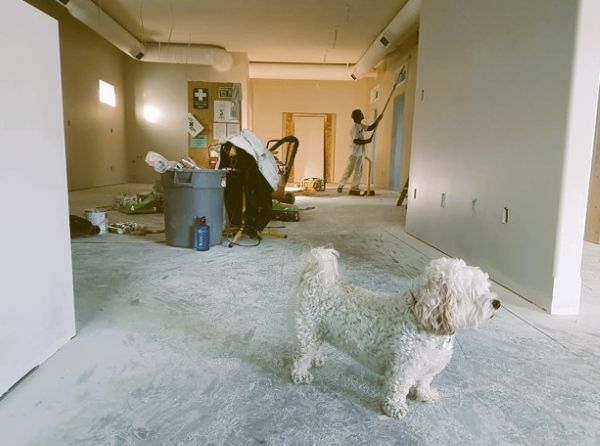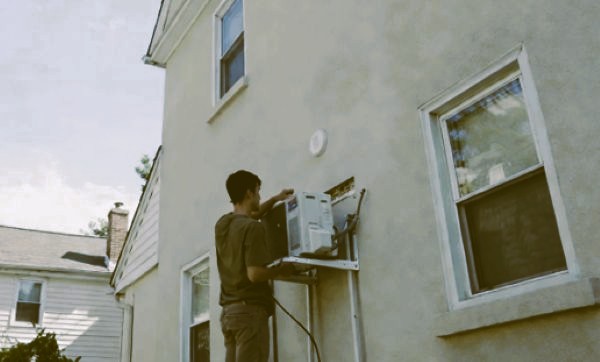

Thinking about whether to buy or rent a place in Minnesota? It’s a huge decision, and let’s face it, the financial side of things can be a bit overwhelming. So, before you sign that lease or start searching for houses, let’s break down the pros and cons of each option in a way that makes sense. By the end of this, you’ll have a clearer picture of what might work best for you financially.
The Minnesota Housing Market: What’s Going On?
First off, let’s take a look at the Minnesota housing market itself. Home prices here can vary a lot depending on where you’re looking—urban areas like Minneapolis and St. Paul are typically pricier than smaller towns or rural areas. But no matter where you’re shopping for a home, one thing’s for sure: the market has been heating up in recent years. And with mortgage rates in Minnesota shifting, it’s important to understand how they’ll affect your decision.
If you’re buying, the current mortgage rates can significantly impact your monthly payments. Higher rates? You’ll pay more. Lower rates? You might have more wiggle room in your budget. So, it’s worth paying attention to those rates before jumping into a home purchase.
Buying a Home in Minnesota: The Financial Perks
Alright, let’s talk about why buying might seem like the better deal.
1. Equity, baby!
When you buy a home, you’re essentially paying yourself with each mortgage payment. Each time you pay your mortgage, you’re building equity—meaning the house is gradually becoming more yours. After years of payments, that equity could be a pretty solid financial asset. Plus, when the value of your home goes up, so does your investment.
2. No Rent Hikes!
Renting can feel like you’re throwing money away month after month, and what stings even more is when the rent gets hiked up. That’s not an issue with a fixed-rate mortgage. Your monthly payments stay the same, which brings a lot of peace of mind when budgeting for the future.
3. Tax Breaks
This is a big one. Homeowners can often take advantage of tax breaks, like deductions for mortgage interest and property taxes. It’s not a huge chunk of money, but every little bit helps, right?
4. Freedom to Do What You Want
One of the best parts about owning your own home is that you can do whatever you want with it. Want to paint the walls purple? Go for it. Need to put in a new kitchen? You can. Renting comes with limitations—no painting, no knocking down walls, and often no pets allowed.
The Downside to Buying a Home in Minnesota
But hold up—before you sign on the dotted line, there are a few things to consider on the flip side.
1. Big Upfront Costs
Buying a house isn’t cheap. You’ve got your down payment, closing costs, inspections, and maybe even some repairs to deal with before you can even move in. And don’t forget about homeowners insurance. The upfront costs can really add up, making it harder to get into a home if you don’t have the savings.
2. The Responsibility
When you’re the homeowner, you’re the one who’s responsible for maintenance and repairs. Does the roof leak? It’s on you. Does the HVAC system break? Yep, that’s your bill to foot. It’s part of the deal, but it can also be a real headache—and an expensive one.
3. Market Risk
Minnesota’s real estate market can be unpredictable. While homes usually appreciate over time, it’s not always guaranteed. If the market takes a dip, your home’s value could drop, leaving you with a financial setback. Plus, if you need to move unexpectedly, selling a house can take time and may not always yield the price you want.
4. Mortgage Rates in Minnesota
Right now, mortgage rates in Minnesota are an important factor to think about. When rates are high, it can make buying a home feel less affordable. You might be able to afford a house at one interest rate, but if rates rise, your monthly payment could skyrocket. So, paying attention to interest trends is crucial when deciding whether to buy.
Renting in Minnesota: Why It Might Work for You
If you’re leaning toward renting, don’t worry—there are definitely some perks here, too.
1. Low Upfront Costs
Renting typically requires a security deposit and maybe a few other small fees—but nowhere near the amount you’d need to buy a house. No down payments, no closing costs, and no repairs to deal with. It’s a lot easier on your wallet upfront.
2. No Maintenance Hassles
When something breaks in a rental, you don’t have to worry about fixing it yourself. That’s the landlord’s job. It’s a huge relief if you’re not the DIY type, or if you simply don’t want to spend your weekends handling home repairs.
3. Flexibility
Renting gives you more freedom if your life circumstances change. Whether it’s a job offer in another city or just a change of scenery, renting makes it easier to pack up and go without worrying about selling a home. You’re not tied down to one location for the long haul.
4. Avoiding Market Fluctuations
The Minnesota housing market can be unpredictable. Renting lets you avoid the risk of a potential market dip. If the housing market takes a downturn, you don’t have to worry about losing money on your home value.
The Cons of Renting in Minnesota
Of course, renting isn’t all sunshine and rainbows.
1. No Equity
When you rent, you’re essentially paying someone else’s mortgage. You’re not building any equity in the property. Over time, that money just disappears, which can feel frustrating when you compare it to owning and building equity.
2. Rent Increases
Renting might be cheaper upfront, but over time, you might face rent hikes. They can be small or large, but either way, it’s not great for your long-term budgeting. Plus, with inflation and the overall demand for rental properties, rent increases are pretty common in Minnesota.
3. Limited Control
When you rent, the place is never truly yours. You can’t make big changes without asking your landlord first. No, knocking down walls, no renovating the kitchen, and often no pets allowed. If you’re someone who loves personalizing their space, this can feel restrictive.
4. Less Stability
As a renter, you’re at the mercy of your landlord’s decisions. They can choose not to renew your lease or decide to sell the property. That means you could face an unexpected move with little notice.
Final Thoughts: Buy or Rent?
So, what’s the bottom line here? Deciding whether to buy or rent in Minnesota depends on your financial situation, lifestyle, and future goals. If you’ve got the savings for a down payment, plan on sticking around for the long haul, and don’t mind taking on the responsibility of homeownership, buying could be a great investment. But if you need flexibility, want to avoid maintenance headaches, or just aren’t ready to commit, renting might be the smarter move. Whatever you decide, take the time to think about your financial future—and remember, the right choice will be the one that fits your life best.


